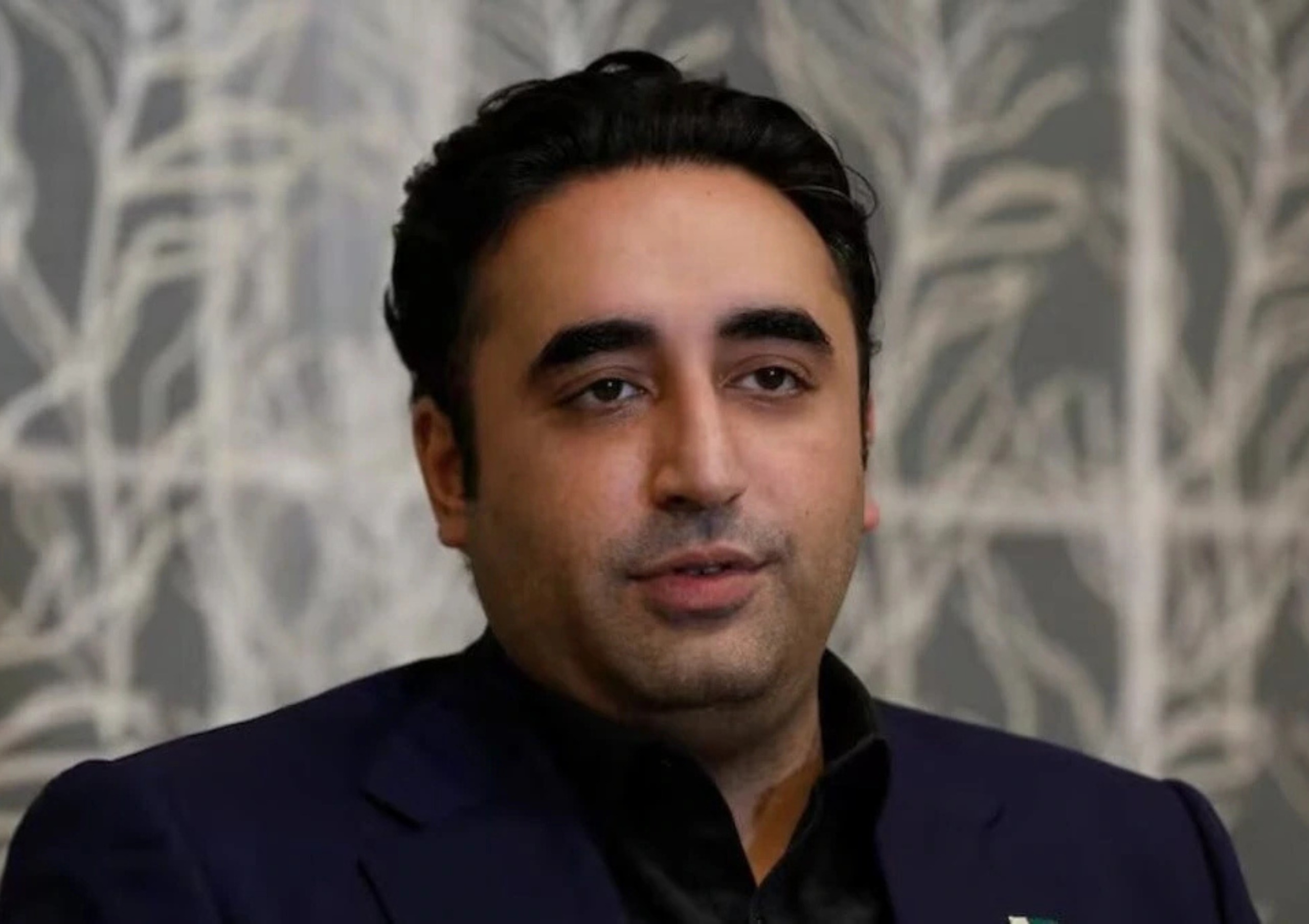
Islamabad, 7 July 2025:
The Pakistani political establishment has reacted with anger and force to a remark by a former foreign minister and the head of the ruling Pakistan People Party (PPP), Bilawal Bhutto Zardari, that indicated that Islamabad would not oppose extraditing terror suspects Hafiz Saeed and Masood Azhar to India.
Bhutto characterised the proposal in an interview with Al Jazeera on 4 July as a realistic confidence building trail in which Pakistan had no objection to the transfer of the two persons, provided New Delhi cooperated. Hardliners and militant sympathisers immediately rose in outrage over the comment.
On 5 July Talha Saeed, the son of Lashkar-e-Taiba founder Hafiz Saeed, released a video response, describing Bhutto as a traitor and saying he is not a true Muslim to be recycling Indian and Western propaganda. He argued that the statement of Bhutto was admittedly the shame of Pakistan, in the international arena.
Instead of extradition, Talha argued India should be prosecuted and Talha said, in the case of Indian leaders: Instead of talking of extradition of Pakistani citizens, the government of Pakistan should demand extradition of Indian leaders”
In reaction, the Pakistan Markazi Muslim League which supported the militants claimed that India sponsored terrorism in Pakistan and gave more weight to the advisability to disapprove looking forward to giving a chance to Bhutto proposal. The message portrays increasing ideological polarisation in the land.
The diplomatic move by Bhutto follows other utterances made by him at the UN where he childhood that Indian Muslims were being demonised since the Pahalgam attack. But he got publicly confronted by one journalist who brought out how there was such a Muslim Indian army officer present throughout the conflict briefing, thus demonstrating the inner contradictions of Pakistan.
According to analysts, the remarks of Bhutto could be a result of an overall policy of conciliatory acts that would see the renewal of relations with India. But they have created a domestic political inferno back home demonstrating the volatile nature of the relationship between strategic diplomacy and domestic feeling.
The critics are shouting louder over the controversy as elections approach Pakistan; they say that Bhutto is handling sovereignty with careless eyes. In the meantime, his supporters at PPP indicate that he is trying to achieve peace by use of dialogue.
These utterances have raised the question yet again about the policy of Pakistan in countering terror and support of the militant groups. Following the country trying to deal with this controversy, his extradition proposal could change the way people talk and subsequently politics goes, even at the cost of powerful religious and military affiliated lobbies.